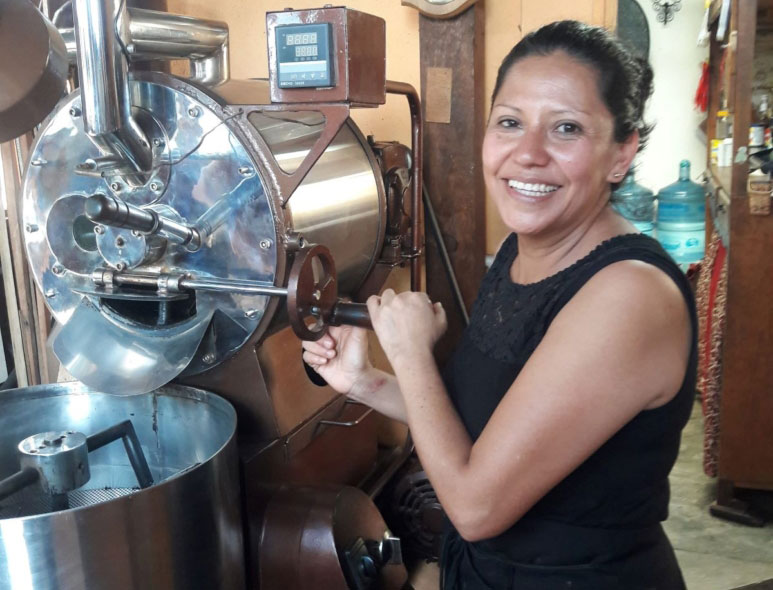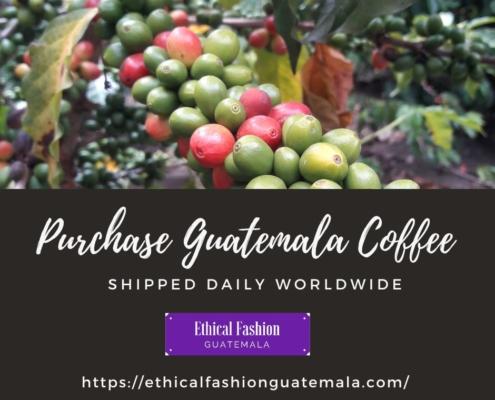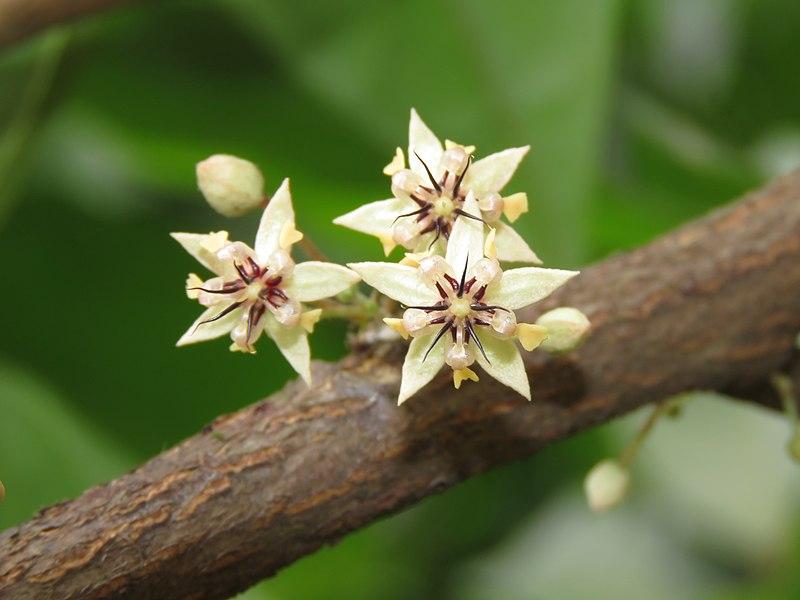Ethical Fashion Guatemala LLC empowers local craftspeople to earn a living while preserving their cultural heritage by offering fair wages and working conditions and promoting traditional techniques and materials.
DHL Express Import Services.
DHL and Ethical Fashion Guatemala have a contract to offer our customers dependable import services for purchases made through Amazon, Best Buy, Home Depot, and other online retailers.
How Amazon DHL Importing Guatemala Works:
We advise visiting the Mexican websites of Amazon, Best Buy, Home Depot, and other online merchants. The costs are comparable to those seen on US websites. Most provide shipment for free.
You will use our fulfillment address in Tapachula, Mexico when placing your order.
DHL Express Exporting Services.
Coffee and Cacao to 220 countries.
Joan Cass, Board Certified in Holistic Functional Nutrition, Sourcing Herbal Products, Consulting, and Research, collaborating with our Mayan healers in Guatemala.
Ethical Fashion Guatemala services we provide:
Ethical Fashion Guatemala LLC provides a range of valuable services and initiatives that promote sustainability, social responsibility, and transparency in the fashion industry.
By working with local artisans and weavers, the company helps preserve traditional techniques and materials, while also supporting economic development in the communities it operates in.
By using natural materials and eco-friendly dyes, Ethical Fashion Guatemala LLC minimizes its impact on the environment, contributing to a more sustainable fashion industry.
Retail Prices
Ethical fashion products often have higher retail prices compared to fast fashion products due to the use of sustainable materials and ethical production practices, as well as the fair wages and working conditions for workers throughout the supply chain.
The cost of production is usually higher for Ethical Fashion companies, which is reflected in the retail prices.
The shipping cost will depend on the destination, weight, and size of the package, as well as the shipping method and delivery time-frame selected by the customer.

Guatemala is known for producing high-quality Arabica coffee beans. The country’s favorable climate and rich soil make it ideal for coffee cultivation.
Guatemalan coffee is known for its bright and tangy flavors with notes of chocolate, fruit, and nuts. It is considered one of the top coffee-producing countries in Central America and is exported worldwide.
The coffee industry is an essential part of the Guatemalan economy and provides livelihoods for many farmers and their families.
Mayan ceremonial cacao was a central part of Mayan culture and society, and was used in religious ceremonies and as a form of currency.
Cacao was considered a luxury item and was highly valued by the Mayans. The beans were fermented, roasted, and ground into a paste, which was then mixed with water and spices to make a bitter chocolate beverage.
This drink was believed to have spiritual and medicinal properties and was consumed during important ceremonies and rituals.
Weaving Schools and classes are by Lema Weaving Association is one of the first Weaving Association formed in Lake Atitlan after the Guatemala Civil War.
You can email me at: ethicalfashionguatemala@gmail.com
What’s App +502 4467 9981




